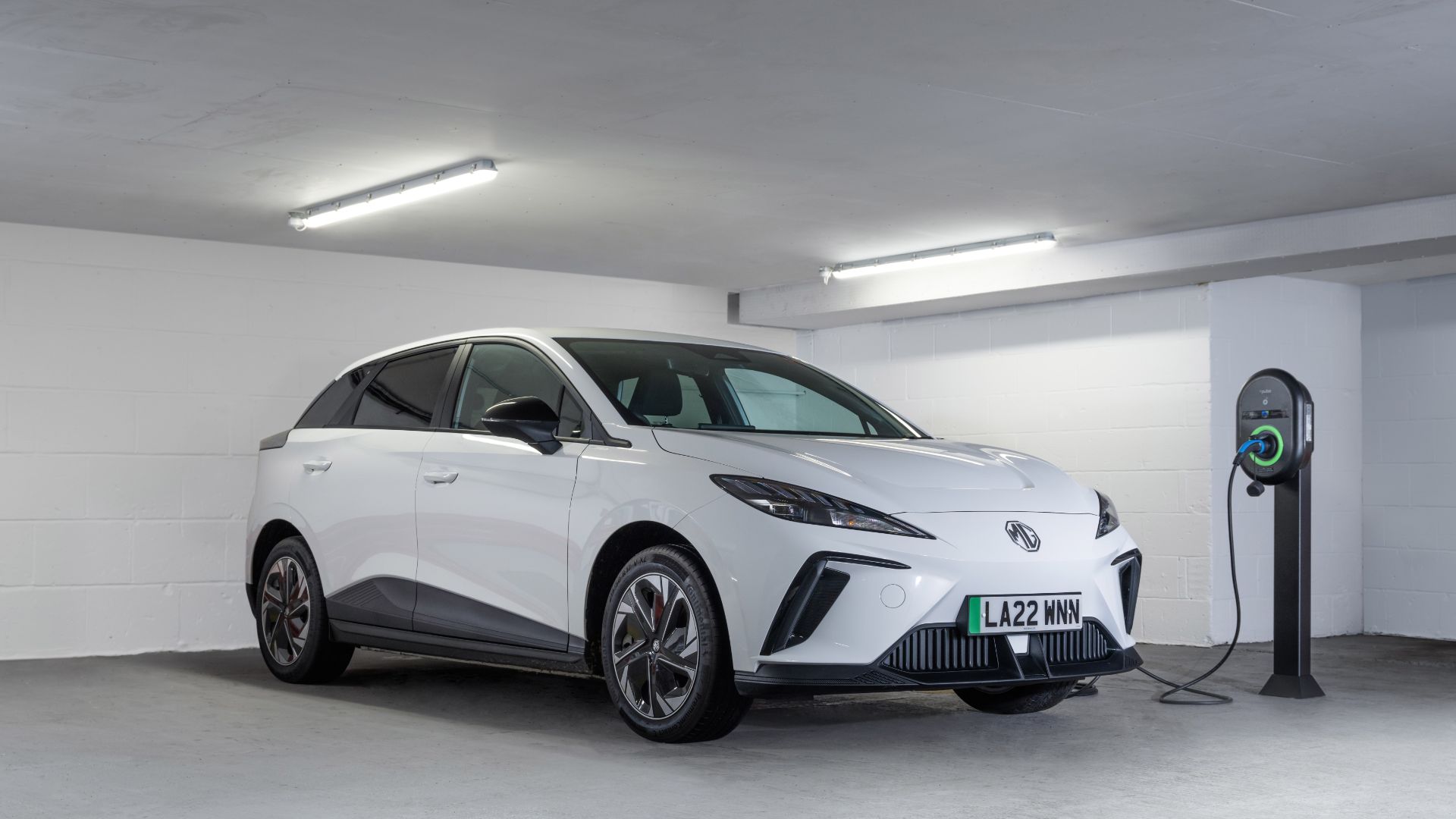
In September 2023, the UK Prime Minister postponed the ban on sales of new petrol and diesel cars to 2035. In his statement to parliament, Rishi Sunak cited high purchase costs and a lack of public charging infrastructure as key reasons for the delay.
The ban was previously due to come into effect in 2030, with some plug-in hybrids exempt until 2035. However, all combustion-engined vehicles, including hybrids, are now included. This means only fully electric cars can be sold after the 2035 deadline.
Here, we look in detail at the 2035 petrol and diesel car ban, and explain what it means for motorists.
Which cars will be banned and when?
The government is clear on this: all sales of cars and vans with petrol or diesel engines will be forced to end in 2035. This ban also applies to hybrid vehicles, even plug-in hybrids that can drive a significant distance on electric power only.
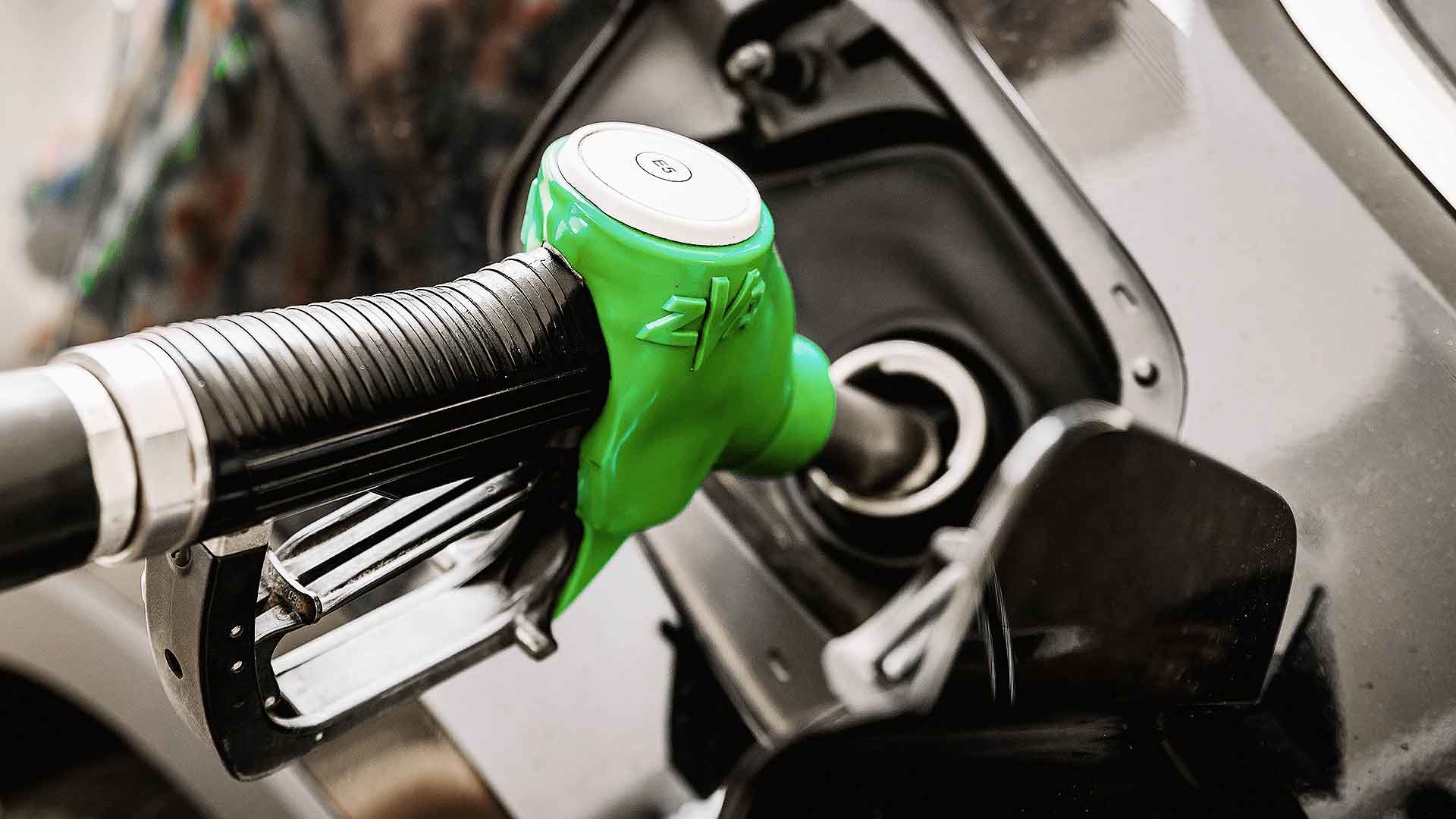
Why will the government introduce the ban?
Phasing out combustion engine vehicles is a key part of the UK meeting its goal of ‘net zero emissions’ by 2050.
Former prime minister Theresa May committed the UK to this target in 2019, making the UK the first major economy to do so. The original plan was for the petrol and diesel ban to become law in 2040. This was brought forward by a decade by Boris Johnson in 2020, then pushed back again by Rishi Sunak in 2023.
Former transport secretary Grant Shapps said: “The UK is going further and faster than any other major economy to decarbonise transport, harnessing the power of clean, green technology to end the UK’s contribution to climate change by 2050”.
Will I still be able to drive my current petrol and diesel car?
Yes, you will. Ministers are keen to stress that motorists will still be able to drive conventional cars after 2035. It is only the sale of new ones that will be banned.
This means the existing infrastructure, including petrol stations, will also continue for many years.
How will the government make up the shortfall in fuel tax?
The Institute for Fiscal Studies warns £40 billion in road taxes is at risk from the 2035 petrol and diesel car ban. “Some form of road pricing will be needed,” said director Paul Johnson.
“The government needs to get started now – it will be very hard to introduce after people have got used to no tax.”
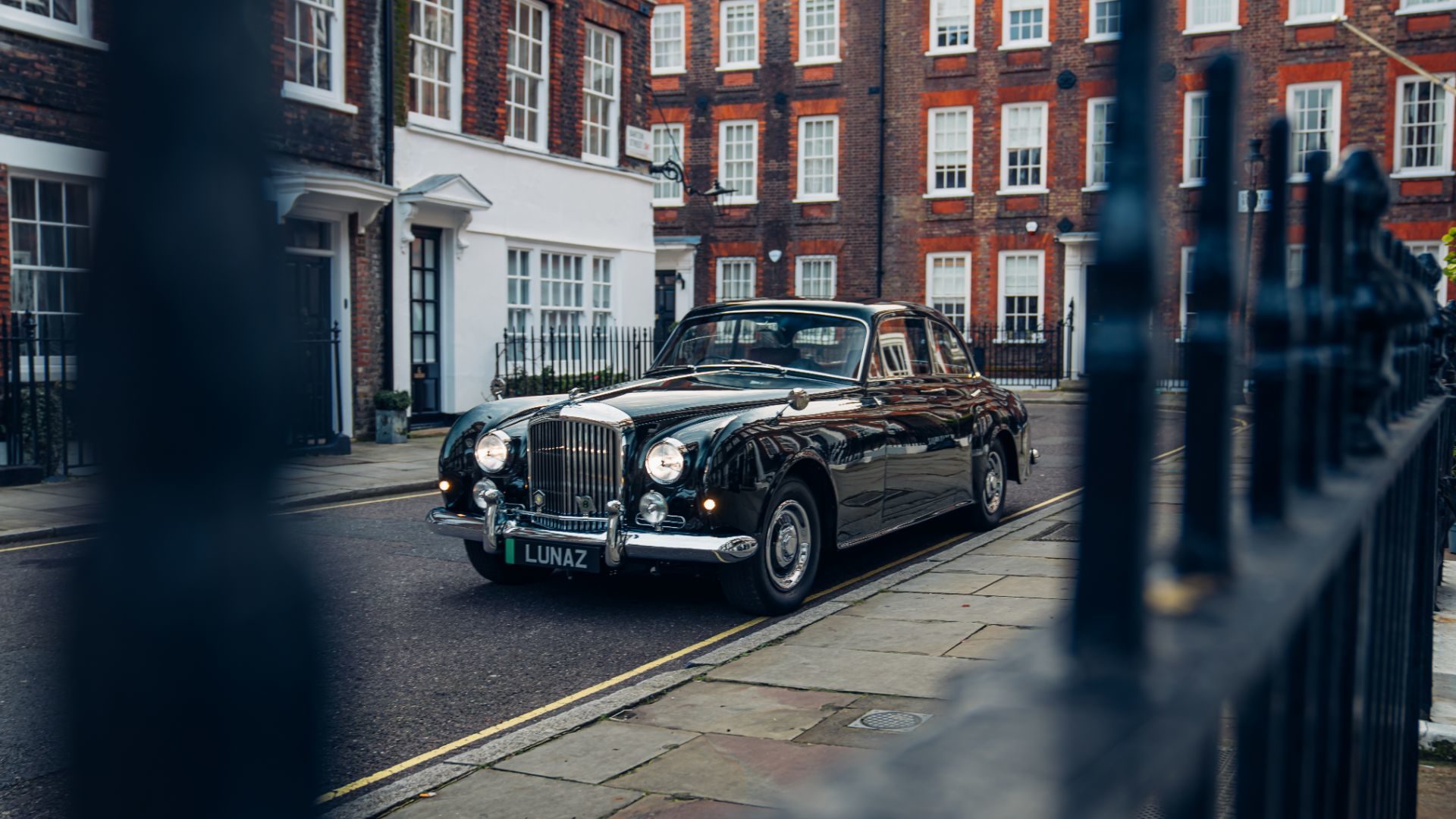
What about classic and retro cars?
As there are currently no plans to ban the use of petrol and diesel cars already on the road, classic and retro cars will not be affected.
It is expected the government will continue to consider vehicles aged 40 years and older as ‘historics’, allowing their continued use even within Ultra-Low Emissions Zones (ULEZ).
Nonetheless, social pressure, plus current ULEZ restrictions in cities, mean the growing trend for converting classic cars to electric power – such as the Bentley S2 Continental by Lunaz pictured above – is likely to continue.
Do motorists get help to buy new electric cars?
Not any more, sadly. The government offered a £5,000 Plug-in Car Grant from 2011 to encourage uptake of EVs. However, this figure was progressively reduced over the years.
In its final guise, the PiCG offered a £1,500 discount – and only for electric cars with a list price of less than £32,000. Then it was withdrawn altogether in June 2022.
How does the UK ban compare to other countries?
The UK’s petrol and diesel car ban is the one of the world’s most ambitious targets. Delaying it to 2035 brings Britain into line with the European Union, including major countries such as France, Germany and Spain.
Norway is one of the few nations moving faster than the UK, with a target date of 2025 to ban the sale of new combustion-engined cars.
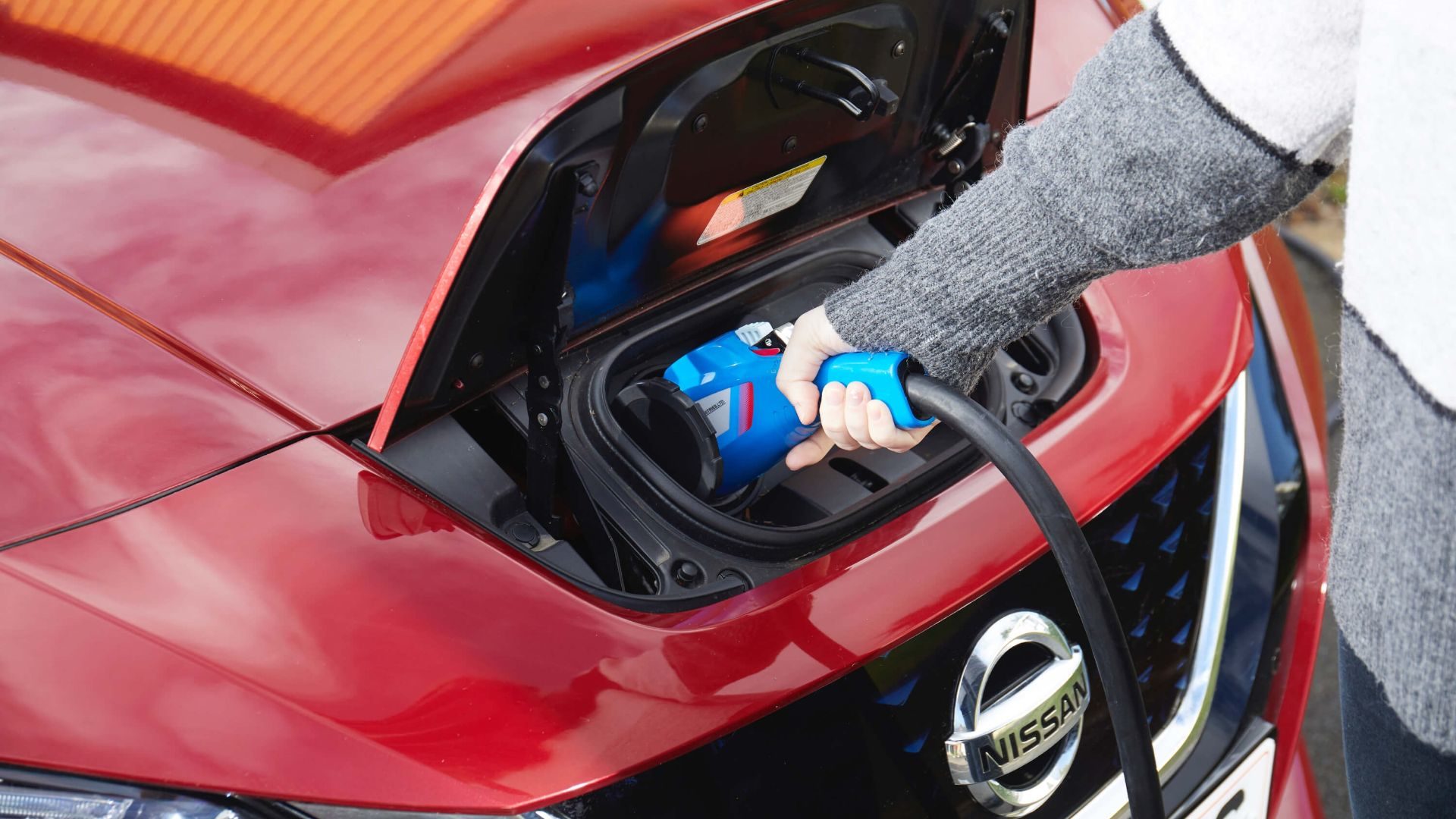
Will electric car charging infrastructure be improved?
To help make the switch, the government is investing £1.3 billion to roll out more electric vehicle charging points for homes, streets and trunk roads.
The remaining £300 million allocated to the Plug-in Car Grant is also being diverted to improve the UK’s public charging infrastructure.
Will the National Grid cope?
Critics frequently suggest more electric cars will lead to power cuts as the National Grid won’t be able to cope. However, its former director, Graeme Cooper, dismissed these concerns.
Supplying energy to recharge electric cars would require around a third more energy than today’s demand, he said, “which the grid could easily cope with”.
Even if motorists all plugged their cars in as soon as they got home, peak demand would only climb by 10 percent, Cooper estimated.
Will UK industry benefit from the ban?
The government has committed almost £500 million to develop and produce electric vehicle batteries in the UK.
Former prime minister Boris Johnson envisioned these would be “made in the Midlands”, a region that will also get a boost in the number of electric vehicle technicians.
Will diesel trucks be banned?
The 2035 petrol and diesel car ban currently doesn’t extend to heavy goods vehicles (HGVs).
Instead, the government is launching a consultation on the phase-out of diesel trucks, although no target date has been set.
It is hoped hydrogen fuel-cell trucks will help make the switch from diesel lorries. Electric trucks are unlikely to deliver the range needed for long-distance transport of 46-tonne vehicles.
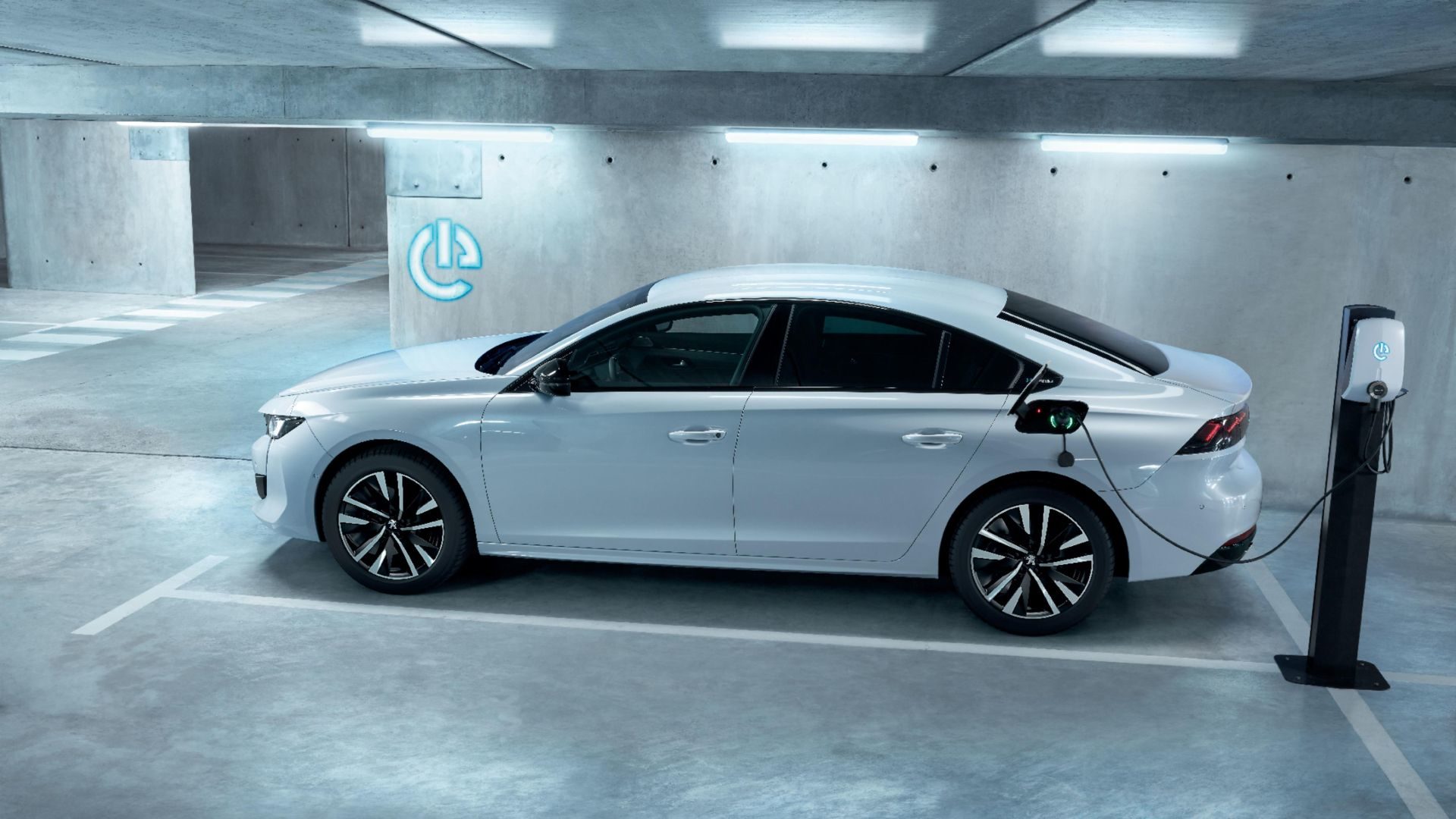
What does the car industry say?
SMMT: Chief executive Mike Hawes said the automotive industry is “committed to the journey” of decarbonising road transport. He said the organisation will “work with the government on the detail of this plan, which must be delivered at pace”.
RAC: The car industry and charging infrastructure providers “have an enormous task on their hands,” said head of roads policy, Nicholas Lyes. “The country’s public charging network will need to grow exponentially to cater for the surge in EVs on the road.” He added motorists also face a “big learning curve” to get confident about going electric.
AA: President Edmund King said the barriers to EV ownership are the initial cost and availability, perceived range anxiety and charging infrastructure. Tackle these issues and “the electric revolution could flourish”.
NFDA: “The new deadline is challenging,” said Sue Robinson, chief executive of auto retail trade body, the NFDA. “Strong incentives are key to ensuring the UK remains a strong consumer market for electric cars as the market begins to mature. We have to avoid a situation where the least well-off car drivers are deterred from buying a new car when the time comes to replace their old one.”
BVRLA: The rental association’s members are responsible for one in two new car registrations. It warns that setting dates is only the start of the process. “Now the government needs to create the supportive environment that will enable fleets and motorists to step up to the challenge of decarbonising road transport. It won’t be easy, and it won’t be cheap,” said chief executive Gerry Keaney.
Low Carbon Vehicle Partnership: MD Andy Eastlake called the announcement a “critical milestone” in Europe’s second-largest car market. “We’re setting a bold example to countries around the world… however, don’t underestimate the scale of the challenge ahead. This throws down the gauntlet to industry, government and the public… the real work starts now.”
Friends of the Earth: Head of Policy Mike Childs said the government was “right to accelerate the phase-out of petrol and diesel cars to curb air pollution and address the climate emergency, but the ban should start in 2030 – not 2035. A new 2035 target will still leave the UK in the slow-lane of the electric car revolution and meantime allow more greenhouse gases to spew into the atmosphere.”
Petrol Retailers Association: “People driving used ICE [petrol and diesel] vehicles are generally those with less disposable income,” said chairman Brian Madderson. “Penalising ICE drivers who can’t afford to make the transition to an EV is no way to foster a new market in alternative fuels. As ever, the biggest tax burden will fall on those least able to afford it.”
ALSO READ: